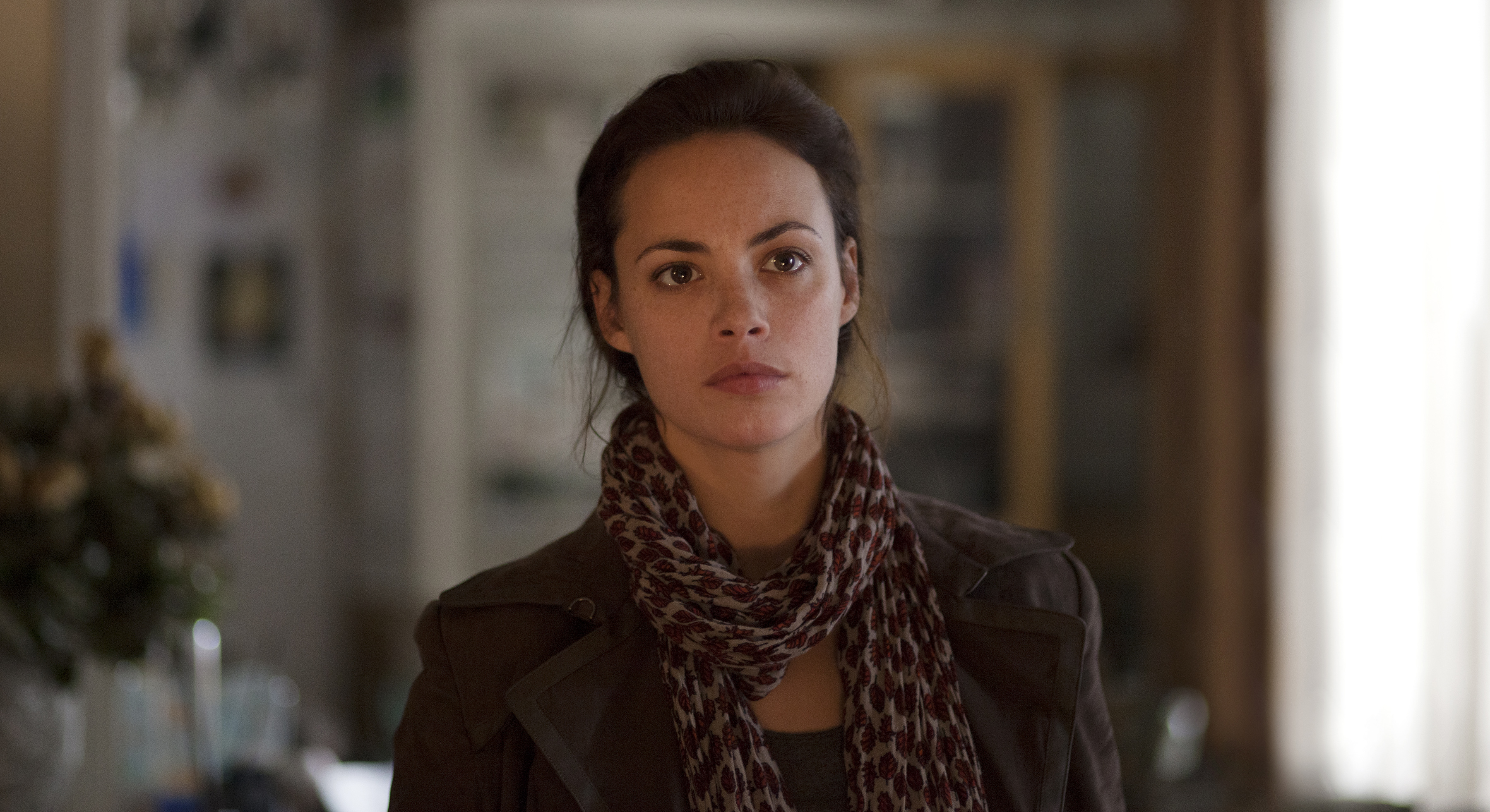The Past
Opens Fri., Feb. 7 at Guild 45th. Rated PG-13. 130 minutes.
More than one separation is at the heart of The Past, Asghar Farhadi’s first film made outside his native Iran. In a country where cinematic talent exists in inverse proportion to artistic freedom, Farhadi emerged as a major figure when his fifth feature, A Separation, wowed festival audiences and eventually won the Best Foreign Language Film Oscar last year. Although the Iranian powers-that-be tend to convey ambivalence about their filmmakers’ success overseas (do we take a moment for nationalistic chest-thumping, or condemn the Western devils and their corrupting influence?), something about A Separation earned Farhadi the right to journey to France to make his next picture.
With one exception, The Past is much like A Separation: deliberate, full of feeling, scrupulously made. It begins after a four-year separation. Ahmad (Ali Mosaffa) has come from Iran to Paris to finalize his divorce from Marie (saucer-eyed Berenice Bejo, from The Artist), who is anxious to get on with her life with new beau Samir (Tahar Rahim, A Prophet). At least she seems anxious, although she keeps finding reasons for Ahmad to stay around her house. But the situation is much more complicated than that. Part of the drama revolves around Marie’s teenage daughter from a previous relationship, Lucie (Pauline Burlet), who still needs Ahmad’s fatherly advice after having carried around a guilty secret for a long time. This secret provides the film with its plottiest device, a melodramatic thread that keeps The Past from reaching the delicate achievement of A Separation. It’s like a 45-minute whodunit that suddenly sprouts inside a character study.
Still, the movie shows a deep empathy for its people and a strong sense of place—not a sense of France, perhaps, but a feeling for a humble neighborhood (this is not romantic Paris), the surrounding streets, a workaday dry-cleaning shop. We could be almost anywhere. It builds to a sequence in a similarly humble hospital, where one storyline in this drama has been dragging on for months. The sequence lasts a few minutes but consists of a single shot, an approach that allows Farhadi to convey the importance of time (the film is called The Past for a reason) as both torture and consolation. The longer the shot goes on, the closer we watch for the tiny clues that will indicate how a number of lives will be affected by what happens here. And if we’re paying close-enough attention, we’ll see something that rounds off this sad film with a fitting farewell.
film@seattleweekly.com







